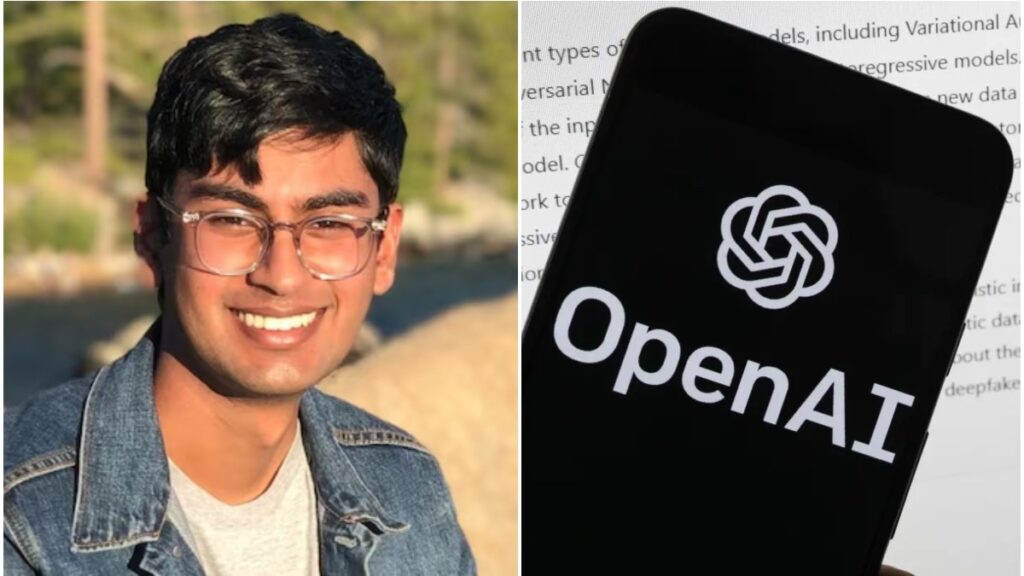Suthir Balaji, a former OpenAI researcher, was found dead in his San Francisco apartment in late November. Before his death, he had filed serious claims against artificial intelligence companies for copyright infringement and unethical business practices.
Balaji is an Indian-American researcher who has worked at OpenAI for over four years, where he was involved in developing the GPT-4 model, which is the basis of OpenAI’s generative AI products. His body was recovered on November 26, but news of his death was revealed on Friday. Police consider it a suicide.
In an interview with The New York Times in October, weeks before his death, the 26-year-old researcher accused OpenAI of using copyrighted material without permission to train ChatGPT. He argued that these technologies are damaging the internet ecosystem.
He claimed that Sam Altman’s company obtained vast amounts of digital data from the internet to train AI models without complying with fair use rules. This data allegedly included content from websites, books, and other copyrighted materials that were used to power the AI’s capabilities.
Balaji argued that OpenAI practices are destroying the commercial viability of the individuals, companies, and internet services that created these vast amounts of digital data. He pointed out that the ChatGPT model could create substitutes that directly compete with the original data source, which could undermine fair use arguments.
“This is not a sustainable model for the entire internet ecosystem,” he told the Times.
Balaji also accused OpenAI of making unauthorized copies of copyrighted data or creating similar versions of the original. He explained that OpenAI can teach a system to produce an exact copy of data, or it can teach a system to produce text that is not a direct copy in any way.
“The output is not an exact copy of the input, but it is not fundamentally new either. There are sometimes situations where the output looks like the input,” he was quoted as saying.
A bigger problem, he said, is that as AI technology replaces existing internet services, it often produces false or outright fabricated information (which researchers call “hallucinations”). pointed out.
“If you believe what I believe, you have to leave the company,” he told the Times.
Balaji’s revelations were at the center of a number of lawsuits filed against OpenAI for copyright infringement.



